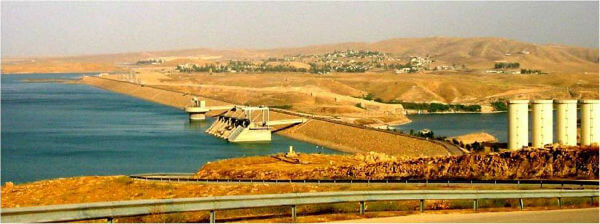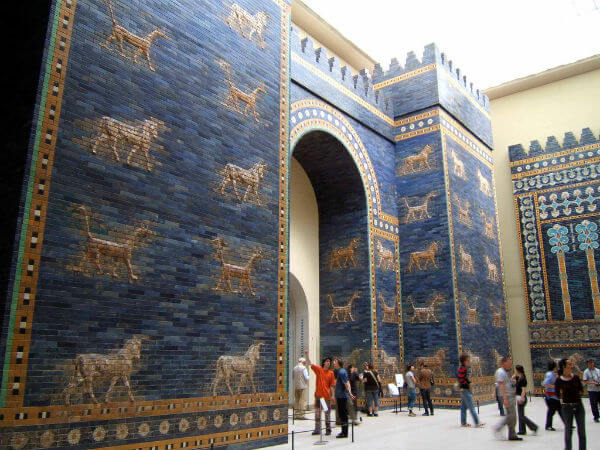John Hannah writes: Here’s a worrying bit of news: America’s best ally in the war against the Islamic State, Iraq’s Kurdistan Regional Government (KRG), is nearly broke. That’s a major problem, especially as the U.S.-led coalition gears up for its most difficult battle yet: the effort to liberate Mosul, the heart of the Islamic State’s power in Iraq. With the Kurds slated to play an essential role in that potentially decisive military campaign, now is the time for their capabilities to be reaching their zenith. Instead, they’re under growing threat of catastrophic collapse.
A near-perfect storm of crises has been draining KRG finances. First, there’s the burden of the war. For over 18 months, Kurdish forces have been pushing IS back across a 600-mile front. There’s also the KRG’s chronic dispute with the central government in Baghdad that has denied the region its share of Iraq’s national budget for the better part of two years. That’s billions upon billions of dollars in foregone revenue.
Further exacerbating the situation has been a massive influx of refugees and displaced persons, an estimated 1.8 million men, women, and children, fleeing the Islamic State’s hordes for the relative safety of Kurdistan. That tidal wave of humanity has increased the region’s population by an astounding 30 percent, straining its infrastructure and social services to the breaking point (just think about that: in the United States, that’s the equivalent of trying to take in over 90 million people overnight). Finally, like oil producers everywhere, what earnings the KRG receives from its own energy exports have been decimated by the collapse in world prices.
This can’t end well. The warning signs are everywhere. Up to 70 percent of Kurdistan’s workforce is on the KRG’s payroll. Most have not been paid for months. When back wages finally come through, it’s often at a fraction of what’s owed. Going forward, officials have dangled the threat of draconian salary cuts. Labor strikes are breaking out, involving teachers, medical workers, and even elements of the police. Political tensions are escalating. The broader economy is grinding to a halt. Construction of schools, hospitals, roads, and other critical infrastructure, is stalled. Tourism has dried up. Property values have plummeted. Consumer spending is collapsing.
Even more worrisome is the impact on Kurdistan’s oil sector, overwhelmingly the KRG’s primary source of revenue. The small international firms responsible for most of the region’s exports have received only sporadic payments. Absent these funds, the companies largely lack the necessary cash flow to invest in further developing existing fields. And without sufficient capital expenditures, production at these fields could actually begin to decline. New exploration, meanwhile, is at a virtual standstill, with the region’s rig count down by more than 90 percent, reaching levels not seen since the first production contracts were signed more than a decade ago. [Continue reading…]
Foreign Policy reports: Iraqi Kurds’ dreams of energy-financed political independence are taking a beating — and not just because of low oil prices.
Since the middle of February, Iraqi Kurdistan’s tenuous export link to the outside world has been totally shut down. As recently as January, the Kurds were exporting 600,000 barrels a day in exchange for desperately needed revenue. But the mysterious closure of the pipeline that connects Kurdish refineries to the Turkish coast has brought that number to essentially zero.
Kurdish officials say they don’t know for sure why the pipeline has been shut down; theories range from a terrorist bombing to simple sabotage to a precautionary shutdown by Turkish authorities carrying out big military operations in the area.
What’s crystal clear is that a region dependent on oil export revenues — one that was already struggling mightily to make ends meet during its costly war against the Islamic State — now has its back to the wall. The Kurdish region earned about $630 million a month from direct oil sales in 2015, which still fell short of the $850 million or so it needed every month to pay its soldiers and civil servants, as well as foreign oil companies for the crude they’ve pumped. The two-week pipeline closure has now cost Erbil an additional $200 million — and the Kurdish losses will continue to grow until it comes back online. [Continue reading…]





